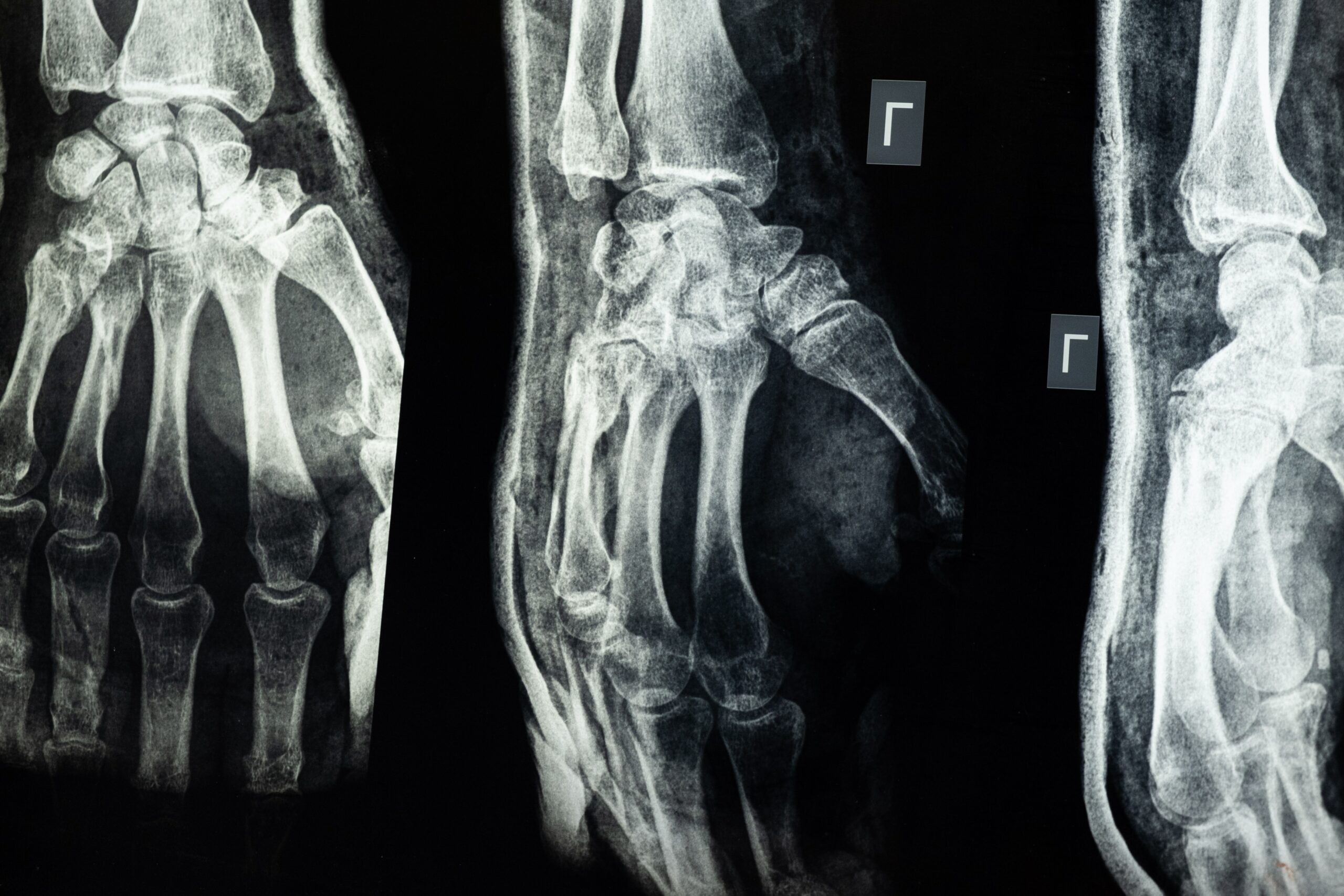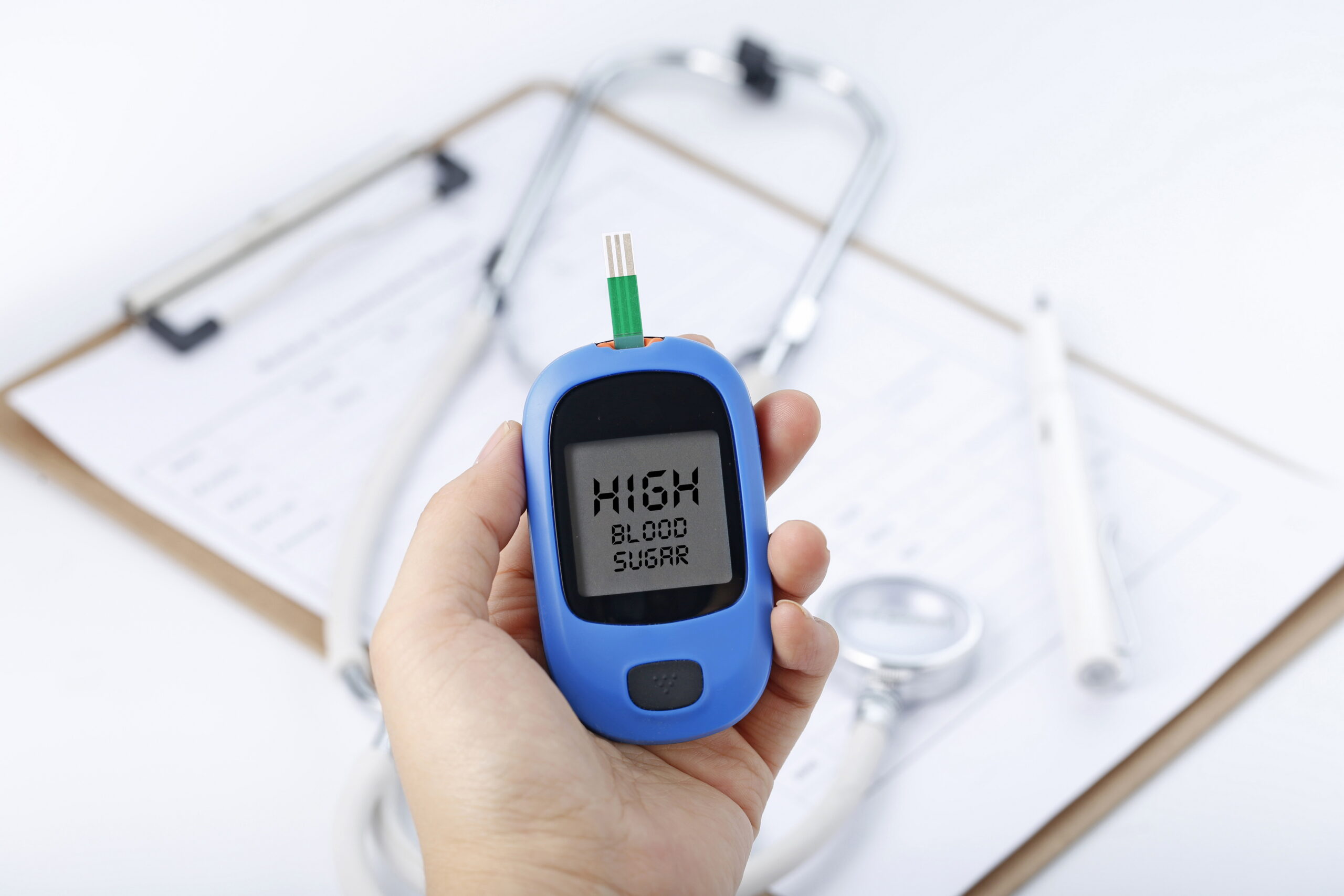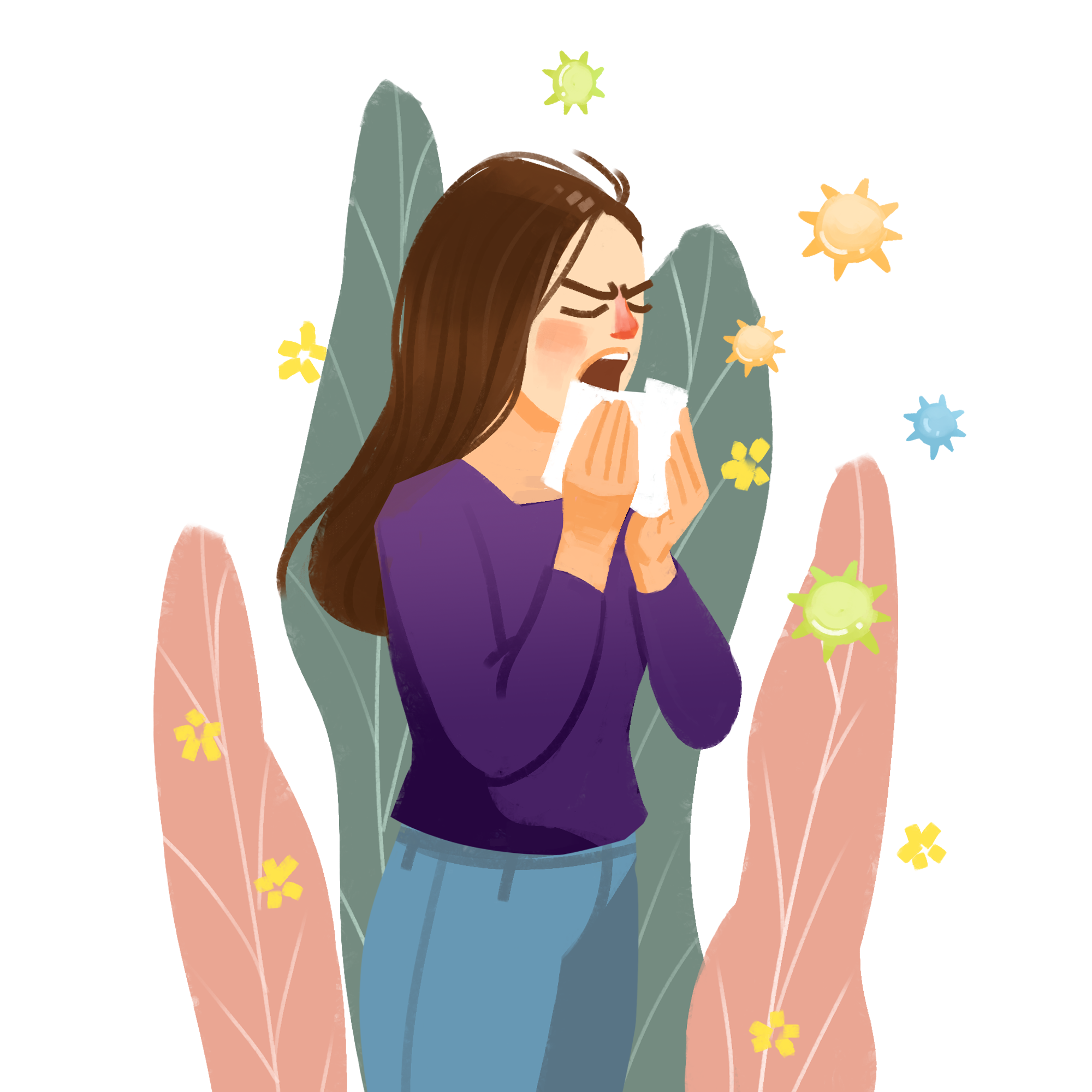Best Poison Prevention Tips for All Ages: While small children are more likely to experience poisoning than adults, there are steps you can take to prevent poisoning for all ages. In this article, we will tackle the best poison prevention tips in first aid.
According to the Australian Institute of Health and Welfare, accidental poisoning is one of Australia’s top leading causes of death. Of all cases, it is estimated that adults account for 35%, while young children ages 3 and below make up the highest percentage.
Normal household items can pose a risk to children and adults if prevention of poisoning is not taken seriously.
Poison Prevention For Small Children
Approximately 3 million children (ages 5 and under) may have swallowed or had contact with a poisonous substance. These mostly occur in cases where parents, babysitters, or caregivers are not paying attention to the child.
The most common yet dangerous poisons for children are medicines, cleaning agents, liquid nicotine, pesticides, gasoline, furniture polish (paints and varnishes), and kerosene. The best way to prevent small kids from ingesting harmful substances and chemicals is to take the opportunity to get their hands on them away.
- Store all poisonous items in locked cabinets or containers. Make sure that their location is out of sight and reach of children.
- Purchase and keep all medicines in their original containers, preferably a with safety cap.
- Discard or throw away any unused medication.
- Install safety latches that automatically lock when you close a cabinet or storage door. It will help to keep children away from dangerous products.
- Regularly check smoke and carbon monoxide detectors at home.
Anything that is not safe to eat or use should be kept in a safe and secure location. Parents and adults looking after the children should read warning labels carefully and follow them. All of these can prevent or reduce the chance of accidental poisoning.
Poison Prevention For Adults
Drug overdose is the leading cause of adult poisoning, followed by cosmetics and personal care on top of the list.
Adults should carefully look for warning labels on all medications, even over-the-counter (OTC) medications. Never take more than the doctor’s prescribed or more than the recommended dose.
- Read directions carefully on all medication and follow proper intake.
- Keep the medicines in their original containers to know what they are. Doing this will make it less likely to be mistaken for the medication for something else.
- Get rid of unused or expired medication. Do not save items you no longer need.
- Do not keep potential poisons in the same place you keep your food. Both children and adults can mistake dangerous items for something that they can eat.
First Aid For Poisoning
If you or someone else suffers from poisoning, consider doing the following first aid.
-
For Swallowed Poison
Immediately remove any poisonous substance in the mouth. If the person is conscious and able to swallow, give them water to drink or gargle in the mouth.
-
For Poison In The Eye
Gently flush the affected eye/s for the first 10 minutes to try and remove the poison. For best results, use medium-warm water.
-
For Poisons On The Skin
Rinse the skin with a large amount of water for at least 10 minutes. Remove contaminated clothing and apply topical ointments if necessary.
-
For Inhaled Poison
Get out of the contaminated area and get fresh air as soon as possible.
For severe poisoning symptoms, call your local Poison Control Centre or Emergency services immediately.
Be Prepared
Even with prevention steps, poisonings can still happen, and you should have a basic knowledge of first aid when poisoning occurs. Immediately call your local poison control centre for expert assistance or, in severe cases, call 000.
While poison control or emergency services is on their way, the performance of First Aid will help increase chances of survival.
To know more about first aid and lifesaving skills, visit the First Aid Courses Perth.






